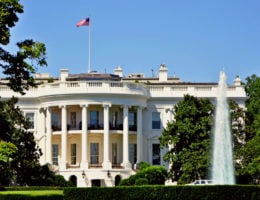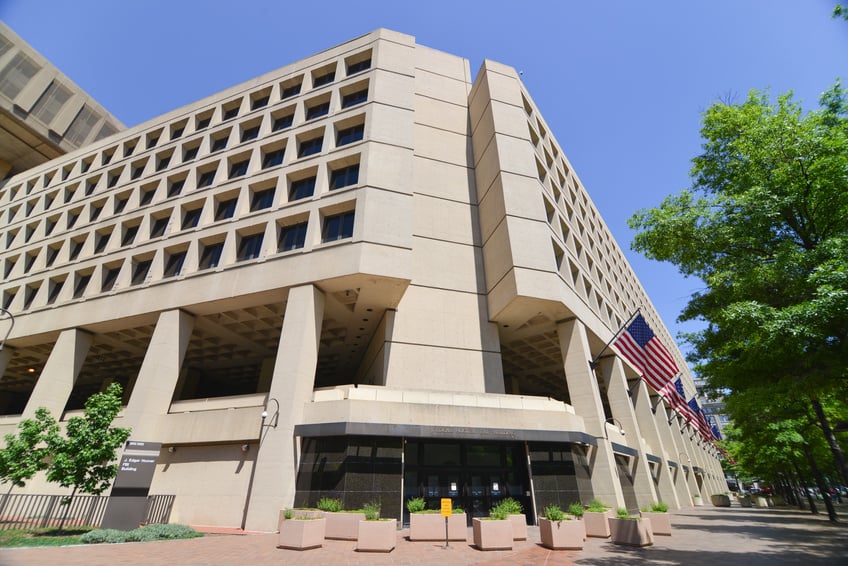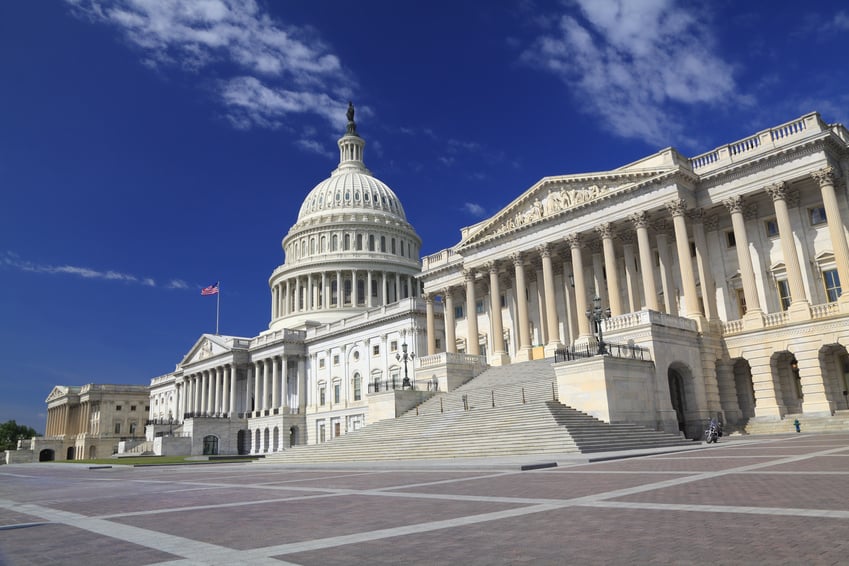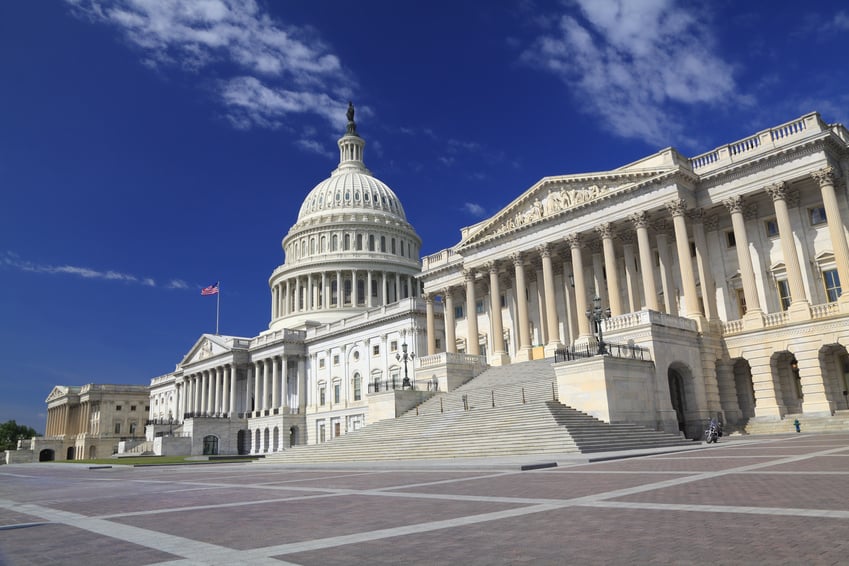The Federal Trade Commission has just announced its annual adjustment to the notification thresholds that determine whether proposed transactions may trigger a filing obligation under the Hart-Scott-Rodino (HSR) Antitrust Improvements Act of 1976, as amended. The corresponding adjustments to the HSR filing fee schedule also were included in the announcement. The adjusted notification thresholds and filing-fee schedule will apply to transactions that close on or after the effective date, which will be 30 days after publication in the Federal Register and no earlier than 26 February 2024.
On 18 December 2023, the Antitrust Division of the US Department of Justice (DOJ) and the Federal Trade Commission (FTC) jointly issued their highly anticipated final version of the 2023 Merger Guidelines . The issuance of the Guidelines follows the agencies’ release of draft guidelines in July and the conclusion of a public notice-and-comment period. The Guidelines set out how the agencies assess whether mergers and acquisitions threaten anticompetitive harm in violation of US antitrust laws.
Most notably, the newly issued Guidelines retained the lower thresholds for establishing presumptions of anticompetitive harm — including if the merger gives the combined firm more than 30% market share. Additionally, the Guidelines outline a holistic approach for analyzing vertical mergers.
In a notable turn of events, the Federal Trade Commission announced that it would abandon its in-house post-consummation challenge of the 2018 acquisition by Axon Enterprise, Inc. of VieVu, LLC. The FTC’s decision follows a recent adverse ruling from the Supreme Court, which held that parties are entitled to assert constitutional challenges against the FTC before being required to participate in its administrative proceedings. Following the Supreme Court’s decision, the FTC is likely to confront more challenges when pursuing enforcement actions—including, in particular, merger challenges—through its in-house administrative proceedings.
On 18 January 2022, the Department of Justice and Federal Trade Commission announced a joint public inquiry seeking comments on ways to “modernize” the federal merger guidelines and “strengthen merger enforcement.” The press release calls for public comments on a range of topics and highlights the agencies’ joint view that many industries across the economy are becoming more concentrated and “less competitive.” In their statements, both DOJ Assistant Attorney General for the Antitrust Division, Jonathan Kanter, and FTC Chair, Lina M. Khan, announced an intention to “overhaul” the 2010 Horizontal Merger Guidelines and conduct a broad-based review of the 2020 Vertical Merger Guidelines.
In recent months, following the Biden Executive Order that set antitrust law enforcement priorities for the Federal Trade Commission (FTC) and the Department of Justice (DOJ) (among other federal agencies), the FTC has made a number of changes to its long-standing merger review policies and processes. In announcing those changes, the FTC has cited the “surge in merger filings” and the need to ensure that merger reviews are more “comprehensive and analytically rigorous.” We highlight below the most significant of these recent changes announced by the FTC and expect the DOJ’s Antitrust Division to adopt similar (if not identical) stances on these and related enforcement issues.
On 9 July 2021, President Joe Biden issued an Executive Order and a supporting Fact Sheet announcing 72 initiatives to increase vigorous antitrust enforcement. The Order sets competition-law priorities for the Federal Trade Commission (FTC), the US Department of Justice (DOJ), and more than a dozen other federal agencies coordinated through a new White House Competition Council.
The Federal Trade Commission has announced the annual adjustments to notification thresholds under the Hart-Scott-Rodino Antitrust Improvements Act of 1976, as amended. The revised thresholds will apply to all transactions that will close on or after March 4, 2021.
The Antitrust Division of the Department of Justice (“DOJ”) has released an updated Merger Remedies Manual (the “2020 Manual”), setting out the DOJ’s framework for approaching remedies designed to preserve competition in merger cases. The 2020 Manual emphasizes the DOJ’s preference for structural remedies in both horizontal and vertical merger cases, but provides a narrow pathway for behavioral remedies and hybrid approaches. The 2020 Manual also sets out the DOJ’s expectations for consent decrees to improve their effectiveness and the DOJ’s ability to enforce them.
The North America Antitrust & Competition Group has launched a podcast series called “Beating the Competition”. This is also available on Apple, Spotify and Google Podcasts.
Our team of over 300 antitrust experts around the world have collaborated to produce a truly innovative Global Merger Analysis Platform (GMAP). GMAP answers 90 detailed questions on merger control law in 120 jurisdictions. It is updated in real time, offering more depth and more legal certainty than existing products…









